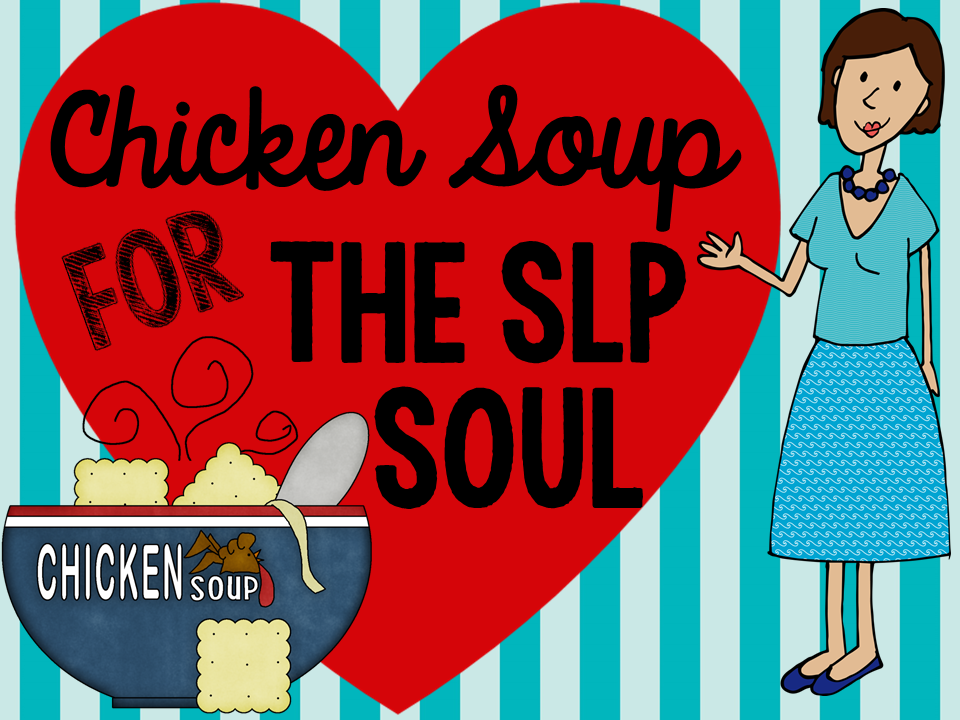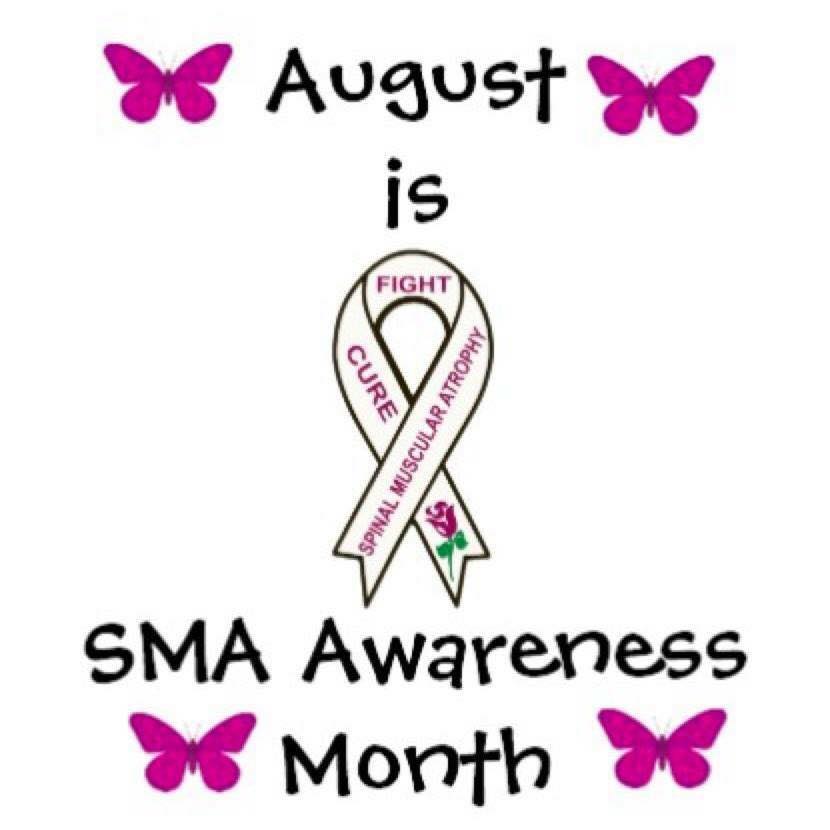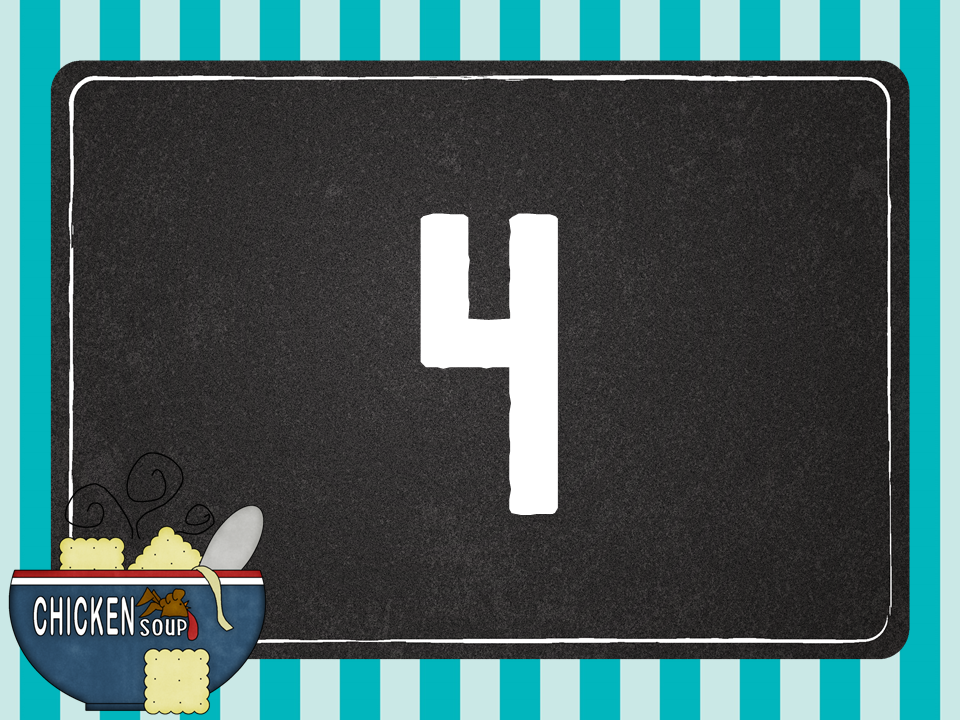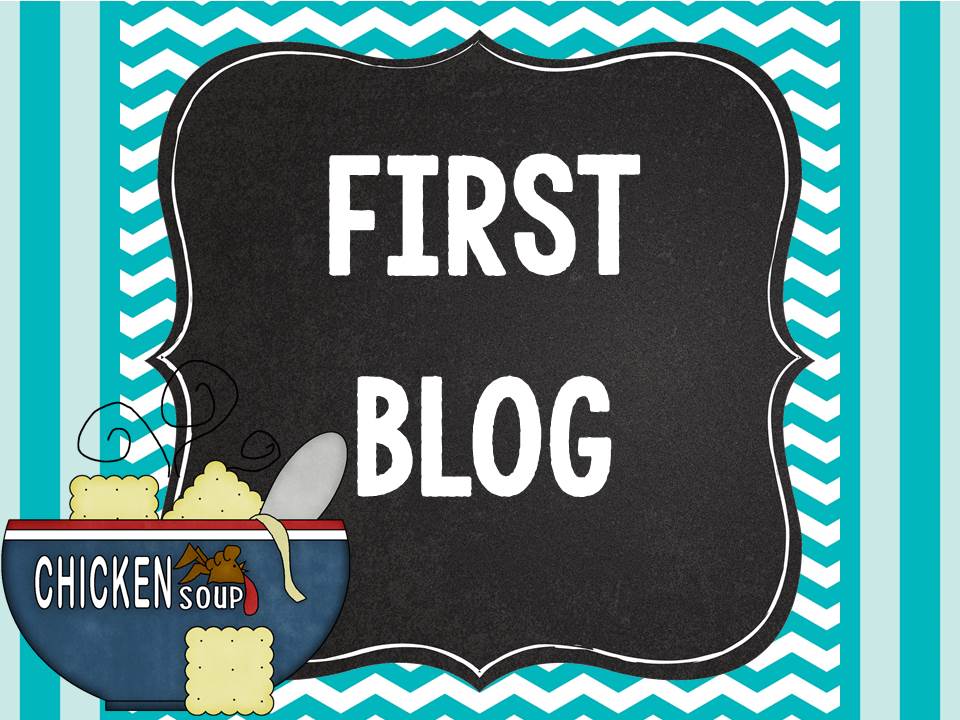I am honored to be sharing this special story with you on the “Chicken Soup for the SLP Soul” blog hop. Be sure to keep track of each “secret number” at the end of the blog posts. Add them all up and submit your response when you reach the last blog for your chance to win some amazing TpT gift certificates!
My Wednesday Morning Wake-Up Call
Over the years, I have had the opportunity to work in several settings—public schools, private schools, preschool clinics, private practices and nursing homes. However, one of my most memorable experiences has been my time working with a Community Resource Team several years ago. As part of the team, therapists and teachers provide home-based services to children who are unable to receive instruction in a classroom setting. Primarily, this is due to physical limitations which would make it too difficult to transport them to and from school. These children often require medical equipment and medical personnel to attend to their needs regularly.
My supervisor handed me the paperwork for a new student (I will call him “M” for privacy purposes). I opened the file to review his IEP, medical history and other pertinent information regarding his disability. After having a good cry (the diagnosis and prognosis were overwhelming and I had never heard of this disorder before), I realized that this would be an opportunity to grow and learn as an SLP and meet the challenge of working with a child with Type I SMA (Spinal Muscle Atrophy).
The rest of this story is a lesson in humility. For three years, every Wednesday morning was my “wake up call.” No matter what my circumstances were that day, M was facing far greater challenges than me. And he did so with a positive attitude, great sense of humor and brave outlook. By the way, M was only 5 years old when I met him.
M’s parents were warm, genuine and highly intelligent people–and amazingly supportive and involved parents. Their baby appeared perfectly “normal” at birth. His parents had no idea that their son had this devastating genetic disorder—and that they were BOTH carriers. He was diagnosed after his parents began to observe signs of weakness in his ability to support himself and achieve developmental milestones. His parents and the doctors assumed he was just slow to develop, but then at seven months they were asked to check with a neurologist just to be safe. He was diagnosed when he was only eight months old. Blood work confirmed the diagnosis—– Type I SMA—the most severe type. Doctors told his parents not to expect him to see his second birthday.
My initial meeting with M was not what I had expected. Although I had thoroughly read all the background history, the visual in my head did not match the one I met in person. M had beautiful, inquisitive brown eyes and an amazing smile (despite the fact that weak facial muscles prevented full oral-motor strength.) Although his speech was often difficult to understand due to muscle weakness and poor breath support, the longer I worked with him, the easier it became to communicate. I grew to understand what his verbal approximations meant, I learned to read his facial expressions and I became generally more intuitive about understanding his responses as time went on.
M was usually positioned on the floor on a thick mat during my morning visits. He had no mobility in his legs and minimal range of motion with his arms and hands. He had a special adaptive chair that he sat in occasionally, however he always found it uncomfortable. On the floor, it was easier for him to breath with ease and created less pressure on his intercostal muscles. He always had a pile of his special toys next to him that he would hold in his hand or place on his chest. These were usually small figurines of characters from “Finding Nemo”, his favorite movie ever! His mom told me that Nemo represented M’s life to some extent. Nemo was a fish with a disproportionately small right fin who wanted to go out and explore the world regardless of his disability. M explored the world through his lap top which he used quite proficiently. He had a mouse with a rotating ball that made it easy for him to navigate through websites, play computer games, and search for information. And like Nemo, M seemed to “just keep swimming”—-medical setbacks were only temporary obstacles for this very brave boy!
M was rarely unhappy when I came to visit. His social skills were impressive for a young child. I always received a greeting upon entering the room. He always asked me how I was doing. And whether or not he thought I was truly funny, he (almost) always laughed at my silly jokes. I sat on a yoga mat on the floor next to him during our lessons. Our therapy sessions addressed story comprehension, vocabulary development, direction following, and sentence building. I usually focused my lessons around themes, primarily the seasons and holidays as well as his interests (anything that involved his favorite TV shows and movie characters were always a big hit!) He enjoyed listening to stories and holding the character stick puppets that we made. Despite his physical limitations, he made steady growth and progress in his language goals.
M loved to learn. He loved to ask questions. He loved to ask how my son was doing and looked forward to visits from him—they were only one year apart and had become friends over the three years I worked with him. His entire “team” was always invited to birthday parties, holiday parties, graduation parties. We were all (the OT,PT, nurse, teacher and myself) treated like part of the family.
M’s parents found out they were expecting a second child around the time M was turning six years old. They hadn’t planned the pregnancy, but were willing to accept whatever the future held. M’s baby brother turned out to be perfect in every way. He was a special gift. M was excited about being a big brother!
Over the years, M took several trips to Children’s Hospital to treat complications that arose; and although he had already outlived the statistical odds, his parents knew that their son was regressing. There are currently five clinical drug trials being conducted on all populations affected by SMA. Clinical testing of novel therapeutics (non-FDA approved drugs) will commence for SMA in the next 2 years.
M passed away at the age of seven. He went into cardiac arrest caused by respiratory complications, as predicted in the diagnosis of children with Type I SMA. I visited M and his family in the hospital during his final hours. I told his parents that he had taught me far more than I could have ever taught him. He was an inspiration and I was honored to have known him. I continue to stay in touch with his family and I enjoy watching their second son grow and thrive—as his big brother lives on in him.
M taught me some important lessons….to be grateful and thankful for what I do have, to keep life in perspective by enjoying the good moments and to bravely face challenges and conflicts. He is still my Wednesday morning wake-up call!!
UPDATE: AUGUST 1, 2016—-
Important Milestone Reached with First New Drug Program for SMA Advancing Towards Approval with the FDA
Thanks for taking a moment to let me share my heartfelt story with you! You can read more Chicken Soup stories by visiting all the fantastic SLP’s blogs in the hop. Special thanks to The Dabbling Speechie for organizing this wonderful blog hop! Don’t forget to enter your answer in the Rafflecopter giveaway when you reach the last blog on the stop! My secret number is below:
Click here to go to SLPrunner, the next blog on the hop.
Click here if you would like to go back to “Speech Time Fun,” the first blog on the hop.



















Beautiful thoughts about a precious little boy!
Thanks for sharing your beautiful story!
Your story touched my heart and brought tears to my eyes. Thanks so much for sharing!
This is a wonderful story, thank you for sharing.
This has really warmed my heart, and I cried- a lot.
Thank you again.
Wow. Just.. wow. Such a sweet and heartfelt story, and a great reminder that there are others out there facing much more difficult challenges than we are. Thank you for sharing your story!
Here I am with tears in my eyes. Thank you for sharing this beautiful story and the lessons we can learn from your sweet M. What an inspiration!
Beautiful story! I worked with a 3-year-old last year who also had SMA, and it was such a learning experience for me as well. Thanks for sharing!
I had a similar case once where I looked at a child and had to ask for God’s help because I honestly didn’t know if I could do it. That child ended up being one of my favorite students ever!
Okay, through tears, I will admit being grumpy lately, not satisfied, disheartened. This story was a none too subtle reminder to value and appreciate what God has so lovingly given me. Thank you for my Monday morning wake-up call!
This is such a beautiful story!!
Tears. Tears are flowing. What a beautiful story. I had never heard of this disorder until this post and I thank you for sharing the symptoms and prognosis. He was lucky to have had you in his sweet but short life! Thank you for this beautiful story.